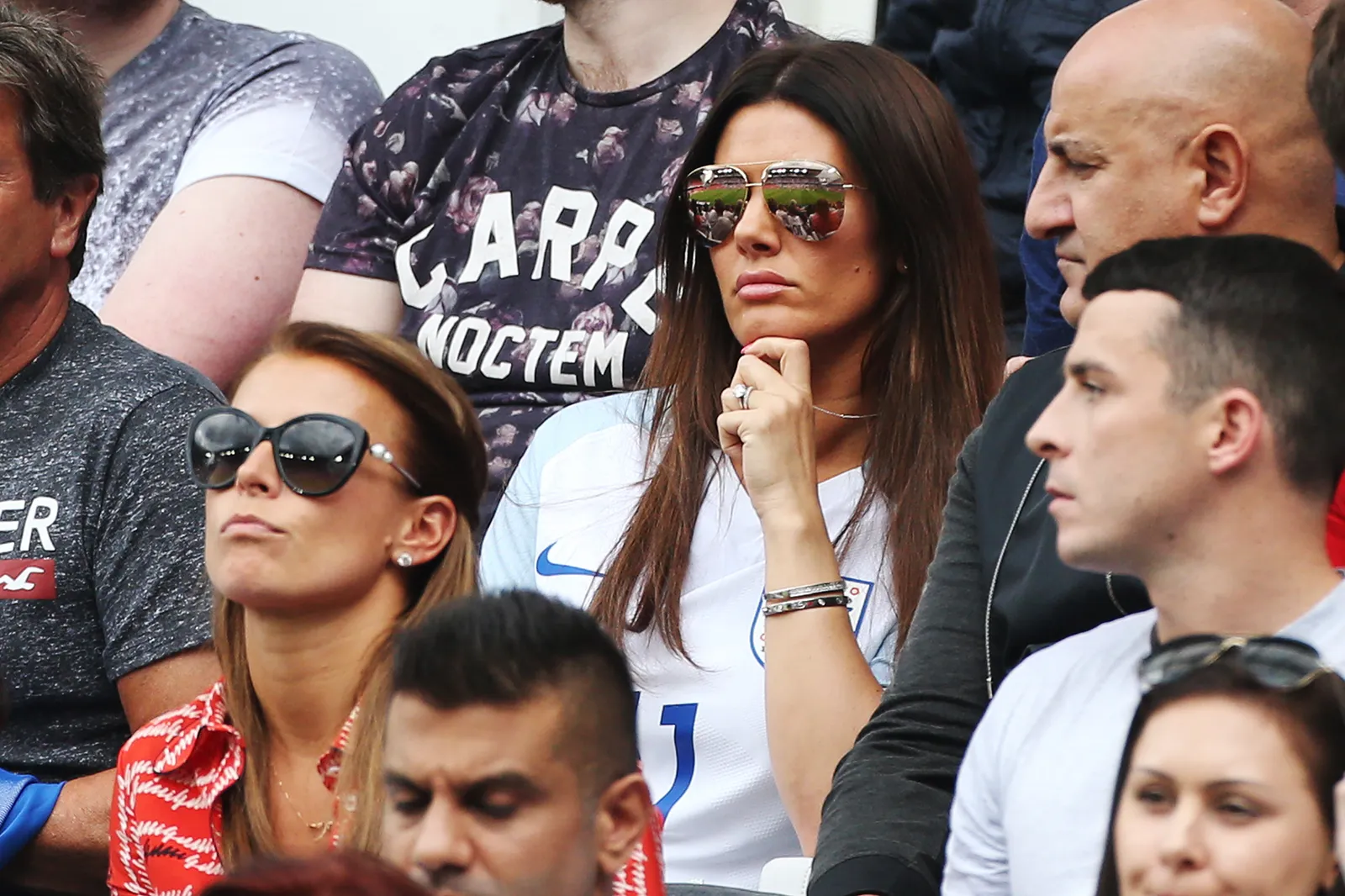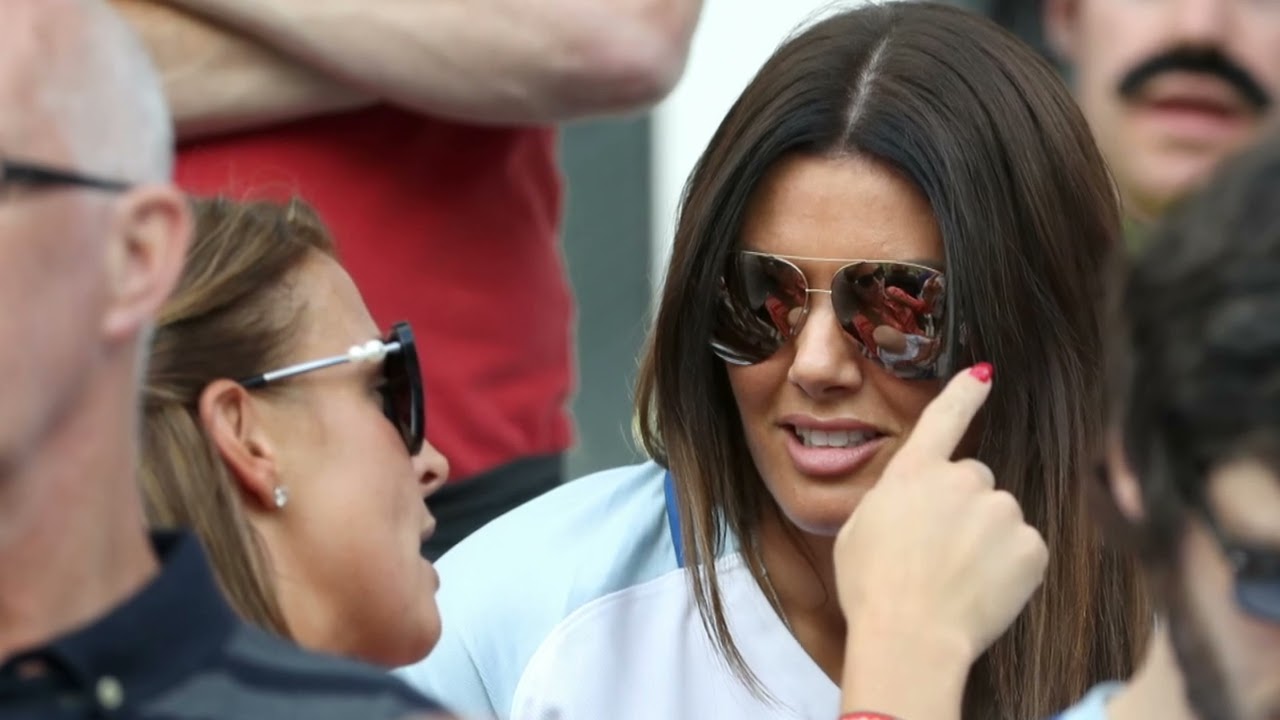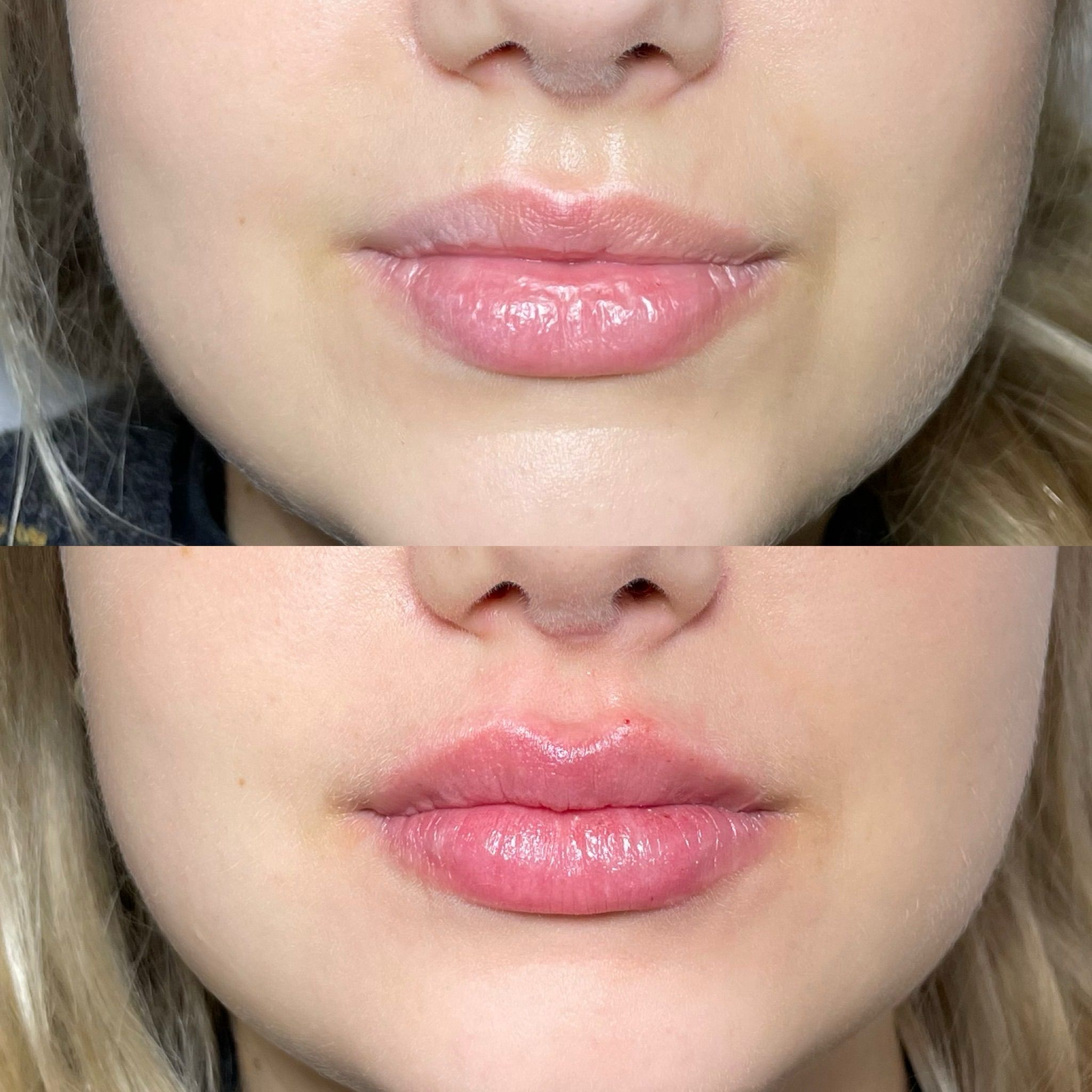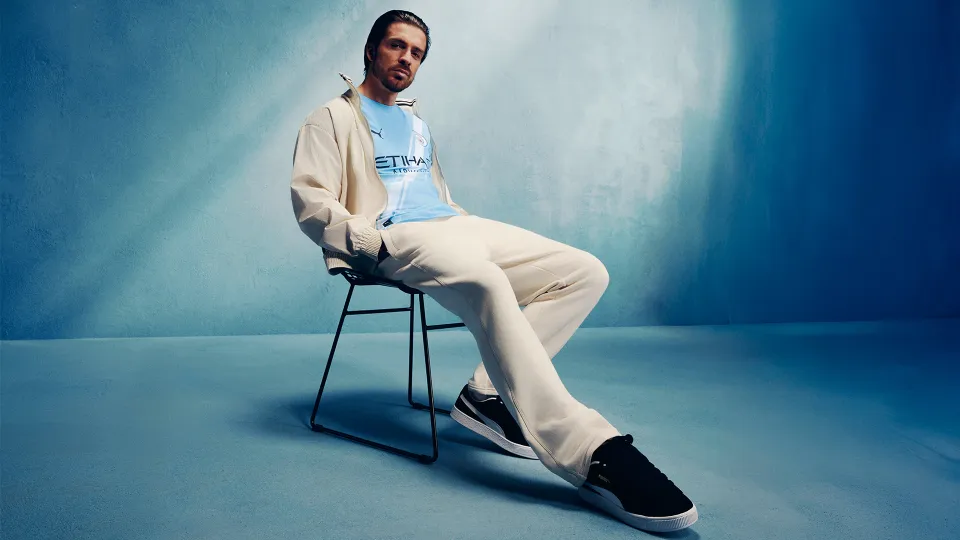In October 2019, Coleen Rooney, wife of former England footballer Wayne Rooney, publicly accused Rebekah Vardy, wife of fellow footballer Jamie Vardy, of leaking stories from her private Instagram account to the British tabloid The Sun. This accusation, made via a dramatic social media post, sparked a media frenzy and led to a high-profile libel trial in the UK High Court. The incident, dubbed “Wagatha Christie” by the public—a portmanteau of “WAG” (wives and girlfriends of footballers) and “Agatha Christie”—captivated the nation and highlighted issues of privacy, trust, and media ethics in the digital age.
Background of the Feud
The Accusation
Coleen Rooney noticed that private information from her Instagram Stories was appearing in The Sun newspaper. To identify the source of the leak, she conducted a months-long investigation by restricting access to her Instagram Stories so that only Rebekah Vardy’s account could view them. Rooney then posted false stories, including claims about traveling to Mexico for gender selection treatment, her basement flooding, and returning to television. These fabricated stories subsequently appeared in The Sun, leading Rooney to conclude that Vardy’s account was the source of the leaks.
The Public Reveal
On October 9, 2019, Rooney shared her findings on Twitter, stating:
“I have saved and screenshotted all the original stories which clearly show just one person has viewed them. It’s… Rebekah Vardy’s account.”
This public accusation garnered widespread attention and led to the moniker “Wagatha Christie” being coined by the public.
Vardy’s Response
Rebekah Vardy denied the allegations, asserting that multiple people had access to her Instagram account and suggesting that a hacker might have been responsible for the leaks. She expressed her distress over the public nature of the accusation and the subsequent online abuse she received.
The Legal Battle
Initiation of Legal Proceedings
In June 2020, Vardy filed a libel lawsuit against Rooney, claiming that the public accusation had damaged her reputation. The case proceeded to trial in May 2022 at the High Court in London.
Key Evidence and Testimonies
During the trial, several critical pieces of evidence and testimonies were presented:
-
Missing Evidence: Vardy’s agent, Caroline Watt, claimed to have accidentally dropped her phone into the North Sea, resulting in the loss of potentially relevant WhatsApp messages. Additionally, Vardy’s own messages were reportedly lost due to a failed backup and forgotten password.
-
Judge’s Observations: Mrs. Justice Steyn, presiding over the case, found Vardy’s evidence to be “manifestly inconsistent” and “evasive or implausible” on multiple occasions.
Verdict
On July 29, 2022, the High Court ruled in favor of Coleen Rooney, stating that her accusation was “substantially true.” The judge concluded that Vardy had regularly passed information to The Sun and had not been a credible witness during the trial.
Financial Implications
Vardy was ordered to pay 90% of Rooney’s legal costs, amounting to approximately £1.5 million. This decision was influenced by the court’s finding that Vardy had deliberately destroyed evidence relevant to the trial.
Cultural Impact and Media Coverage
Public Fascination
The “Wagatha Christie” saga captivated the British public, with extensive media coverage and social media discussions. The case highlighted the intersection of celebrity culture, privacy concerns, and the role of social media in modern society.
Media Adaptations
The high-profile nature of the case led to various media adaptations:
- Television Dramatizations: Channel 4 aired “Vardy v Rooney: A Courtroom Drama” in December 2022, and a two-part documentary titled “Vardy vs Rooney: The Wagatha Trial” was released on Discovery+ in November 2022.
- Stage Productions: A verbatim dramatization of the trial, “Vardy v Rooney: The Wagatha Christie Trial,” was staged in London’s West End between November 2022 and May 2023.
- Documentaries: “Coleen Rooney: The Real Wagatha Story,” a drama documentary presenting Rooney’s perspective, was released on Disney+ in October 2023.
Aftermath and Ongoing Developments
Rebekah Vardy’s Reaction
Following the verdict, Vardy expressed her disappointment and claimed to have suffered from panic attacks and post-traumatic stress due to the trial and its aftermath. In 2023, she trademarked the term “Wagatha Christie.”
Coleen Rooney’s Perspective
Rooney stated that she was pleased with the verdict but believed the case should not have gone to court, suggesting that the resources spent on the trial could have been better utilized elsewhere. She also mentioned that she would never forgive Vardy for the ordeal.
Legal Disputes Over Costs
In April 2025, Vardy’s appeal against the cost order was dismissed. She had previously challenged the amount she was required to pay, arguing that Rooney’s legal costs were overstated. However, the court upheld the original decision, citing Vardy’s deliberate destruction of evidence as a significant factor.
Conclusion
The “Wagatha Christie” saga serves as a cautionary tale about the complexities of privacy, trust, and reputation in the digital age. It underscores the potential consequences of social media interactions and the importance of credible evidence in legal disputes. The case also reflects the public’s fascination with celebrity culture and the media’s role in shaping narratives around high-profile individuals.
- Man City drop Jack Grealish transfer hint as they launch stunning new kit for Club World Cup - June 5, 2025
- Madison Beer Shares Cheeky Bath Photo in Oscars Party Post - June 5, 2025
- Willow Name Meaning - June 5, 2025






